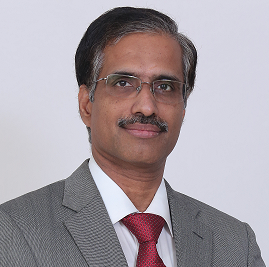Schedule a Demo
Schedule a demo to know the features and advantages of VILGST portal. Get to know the tips to find the desired results in faster way.
Caselaw Request Form (CRF)
Didn’t find what you are searching for? No worries, please give us the following details and VIL will email you the desired Caselaws at the earliest:


